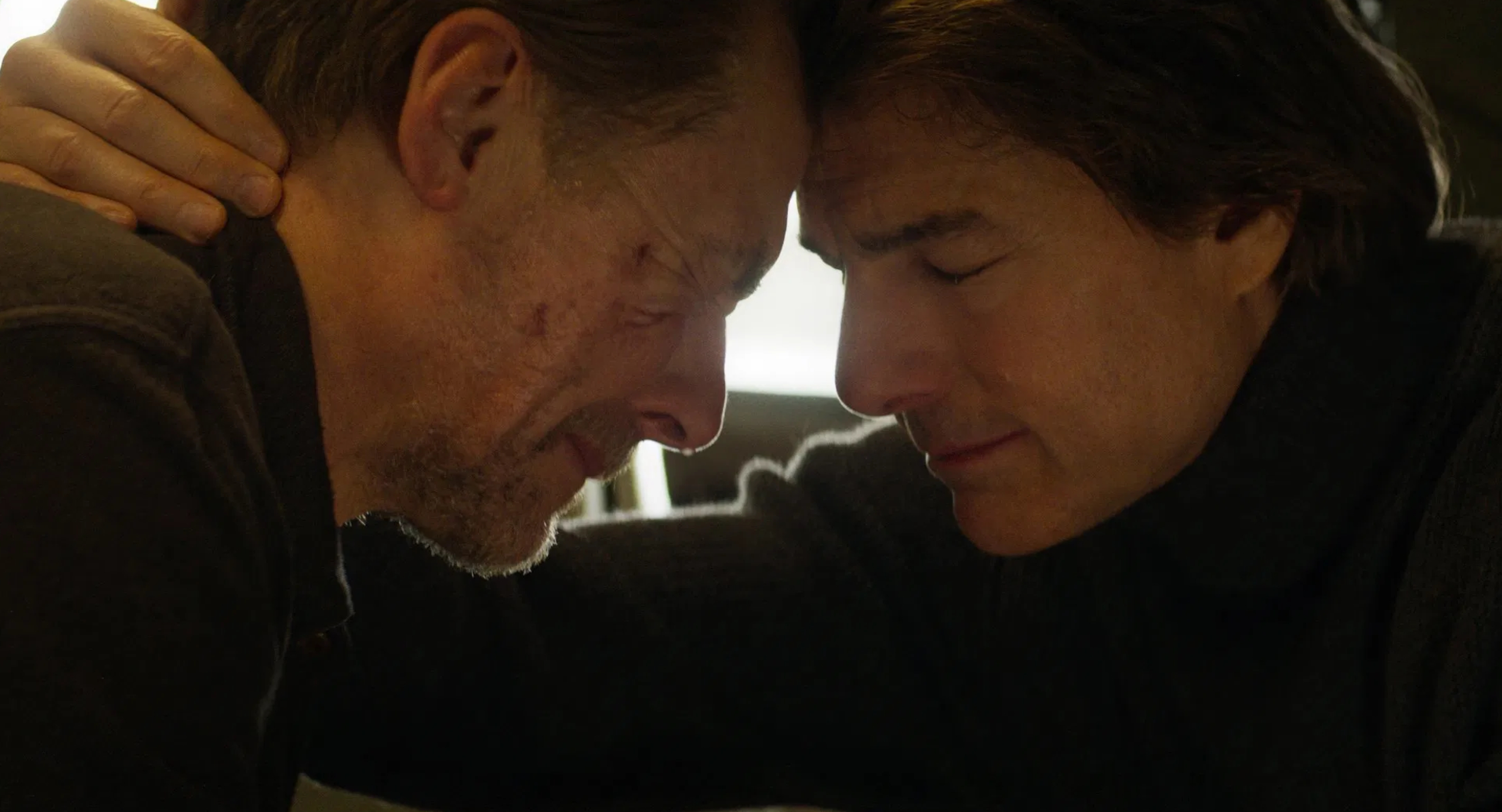Mission: Impossible – The Final Reckoning – Film Review
Published May 24, 2025

In Mission: Impossible – The Final Reckoning, director Christopher McQuarrie and star-producer Tom Cruise bring the long-running action franchise to a close with astonishing intensity, narrative ambition, and a surprising amount of heart. The eighth and final installment in the Mission: Impossible series doesn’t merely aim to satisfy; it aspires to transcend genre conventions and delivers one of the most audacious cinematic send-offs in modern blockbuster history. With a gripping pace, dazzling action choreography, and emotionally resonant character arcs, The Final Reckoning stands tall as a fitting end to one of Hollywood’s most consistently thrilling franchises.
Following the events of Dead Reckoning Part One, this film dives headfirst into the repercussions of the Entity, the rogue artificial intelligence that has now evolved from a conceptual threat to an almost omniscient adversary. The film wastes no time establishing stakes: global systems are under siege, nuclear danger looms, and Ethan Hunt (Tom Cruise) is once again the world’s last hope—only now, he’s not just saving the world; he’s facing the ghosts of a lifetime of sacrifice.
What separates The Final Reckoning from many action sequels is its balance between plot propulsion and character evolution. The screenplay, co-written by McQuarrie and Erik Jendresen, weaves tension and ideology into its high-octane moments. The philosophical undercurrent about humanity’s growing dependence on artificial intelligence—eerily resonant in today’s technological climate—is woven into the film without slowing its momentum. Every chase, gunfight, and near-death plunge is infused with a feeling that this time, it’s truly the end of the road.
Tom Cruise, now almost synonymous with Ethan Hunt, gives one of his most grounded performances in the series. At 62, Cruise may not have the youthful bounce of earlier entries, but he has never been more emotionally invested. Hunt is world-weary but undeterred, bearing the emotional weight of past losses and present responsibilities with quiet conviction. His stunts are once again jaw-dropping—an underwater sequence involving a sunken submarine rivals the HALO jump for instance in sheer spectacle—but what truly impresses here is the interiority he brings to the role. This is not just a man chasing “bad guys”; this is someone seeking redemption, resolution, and maybe, peace.
Hayley Atwell returns as Grace, now a fully integrated IMF agent, and delivers a performance that’s both charmingly rogue and emotionally grounded. Her chemistry with Cruise is strong, not romantic but rooted in mutual respect and survival. Grace evolves from reluctant accomplice to one of the series’ most formidable and empathetic heroes.
Ving Rhames and Simon Pegg continue to shine as Luther and Benji, the emotional and technical backbone of the team. Pegg’s blend of comic relief and vulnerability adds gravitas, especially in some of the film’s darker turns, while Rhames—given perhaps his most substantial arc since the early films—anchors the team with soulful gravity.
Angela Bassett’s return as Erika Sloane is commanding, and Henry Czerny’s Eugene Kittridge remains a deliciously ambiguous figure. Esai Morales as Gabriel intensifies his menace with philosophical arrogance, and Pom Klementieff’s Paris brings raw ferocity and quiet redemption.
Christopher McQuarrie continues to prove himself as one of Hollywood’s most capable action auteurs. While earlier entries focused on sleek spectacle, The Final Reckoning adds a dose of grittier, war-film sensibility, especially in its third act. The sequences in the Bering Sea and South Africa brim with cinematic tension, and the film’s globe-trotting never feels gratuitous—every location builds narrative stakes and atmospheric tension.
The action design is nothing short of exemplary. A biplane dogfight, an intense firefight in a Cold War-era base, and a desperate deep-sea recovery operation are among the film’s most memorable sequences. Each set piece is unique, coherent, and integral to the plot—not mere spectacle, but story told through action.
What’s most striking about The Final Reckoning is how it treats its legacy. The film is loaded with callbacks to earlier entries—from subtle musical cues to the reappearance of long-lost characters. Yet it avoids feeling self-congratulatory or nostalgic for its own sake. Instead, it honors the franchise’s DNA: trust, betrayal, sacrifice, and the enduring belief in free will over deterministic control.
The character of Ethan Hunt becomes, in a sense, a symbol of resistance against dehumanization. His refusal to be manipulated by machines or governments makes him one of the last purely analog heroes in a digital age. That idea, subtly threaded through the story, adds thematic depth to the explosive climaxes.
From Lorne Balfe’s thunderous score to Fraser Taggart’s kinetic cinematography, every technical aspect of the film is meticulously crafted. The editing by Eddie Hamilton is razor-sharp, never letting the 170-minute runtime drag. Despite juggling multiple storylines, locations, and characters, the film remains coherent and engaging throughout.
Visual effects are used with restraint, enhancing rather than overpowering the stunts. The practical work—especially the underwater sequences and airborne confrontations—is breathtaking, reinforcing the tactile realism the series is known for.
In a time when many long-running franchises struggle to stick the landing, Mission: Impossible – The Final Reckoning is a triumph. It delivers a complete, cathartic narrative that rewards longtime fans without alienating newcomers. It’s explosive yet thoughtful, reverent yet forward-thinking, and perhaps most importantly, it knows when to stop.
Yes, there are a few moments where exposition bogs things down, and some secondary characters—especially newcomers—could have used more development. But those are small blemishes on an otherwise outstanding accomplishment.
Mission: Impossible – The Final Reckoning is everything a blockbuster finale should be: bold, thrilling, emotionally satisfying, and thematically resonant. Tom Cruise and Christopher McQuarrie have redefined what franchise finales can achieve, blending genre-defining action with philosophical undercurrents and genuine human drama. It’s a goodbye, but one that cements the Mission: Impossible series as one of the most consistently excellent film franchises of the 21st century.
